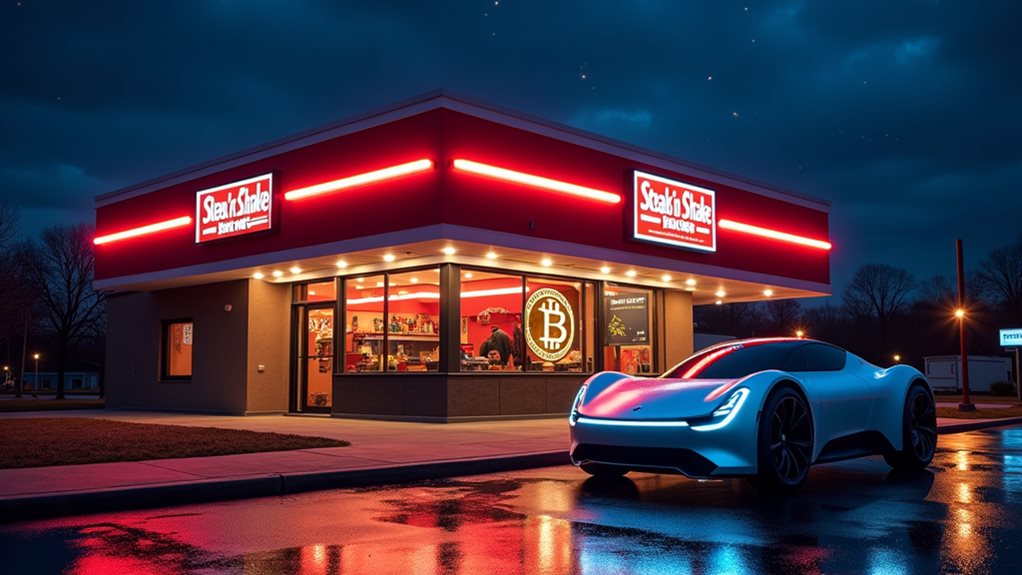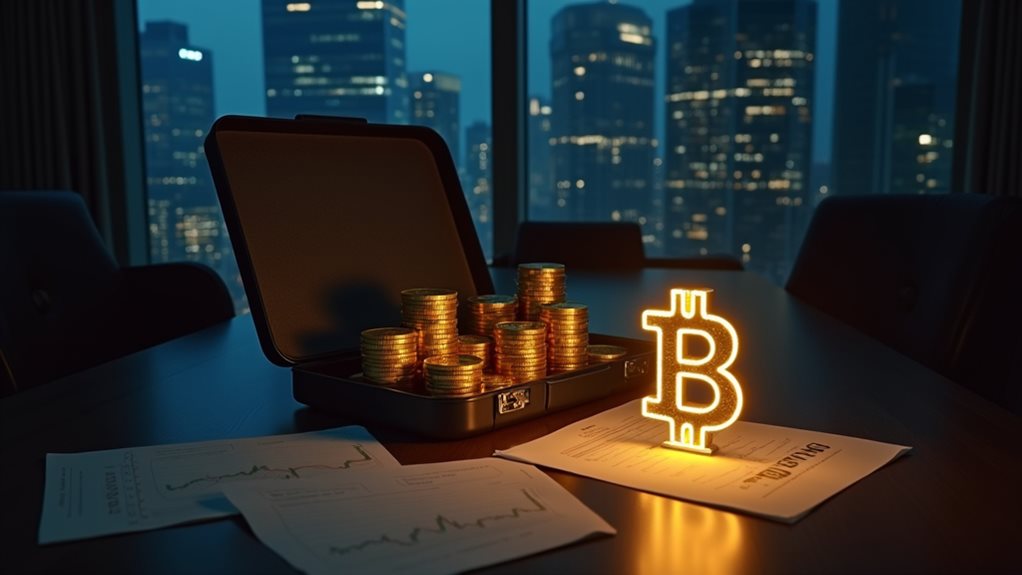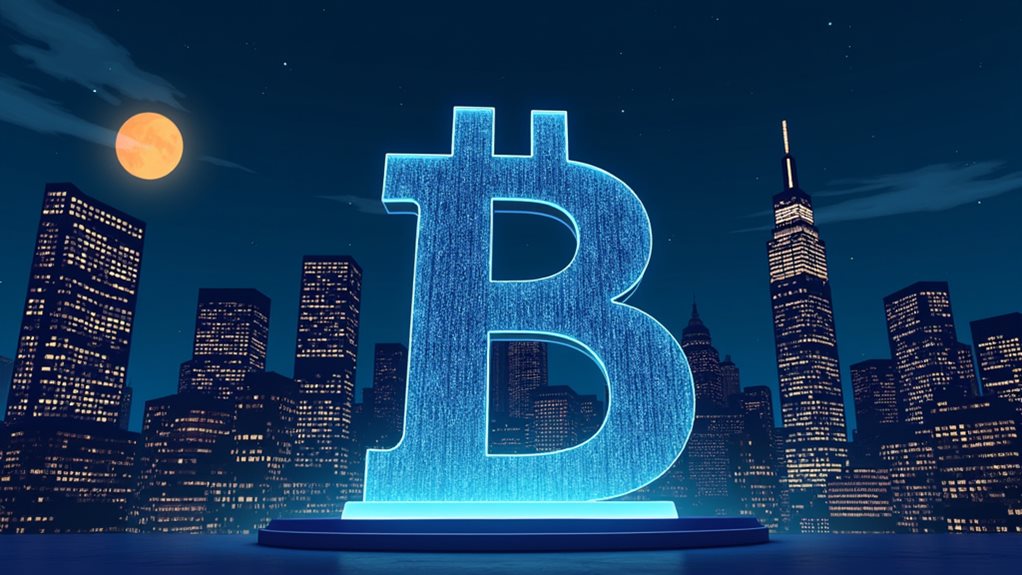Steak ‘n Shake blindsided the fast-food industry by accepting Bitcoin at 300+ U.S. locations while competitors fiddle with app updates. The move cuts processing fees by 50%, eliminates banking middlemen, and speeds up transactions. Customer loyalty surged as digital currency users return more frequently. Thanks to a partnership with Speed, the rollout was surprisingly glitch-free. Other chains now scramble to modernize their outdated payment systems. This unexpected revolution reveals how innovation can emerge from the most unlikely corners.

Every fast-food chain talks about innovation, but Steak ‘n Shake actually did something about it. The burger joint rolled out Bitcoin payments across 300+ U.S. locations, plus spots in France, Monaco, and Spain where regulators won’t throw a fit. While other chains debate whether ketchup packets need redesigning, Steak ‘n Shake jumped into cryptocurrency.
The numbers tell the real story. Bitcoin payments slash processing fees by about 50% compared to credit cards. That’s merely pocket change when you’re running hundreds of locations. Credit card companies have been collecting their tribute for decades, but Bitcoin cuts out the middleman entirely. No intermediaries means more money stays in company coffers. The faster processing time gives customers quicker transaction completion compared to traditional credit card settlements.
Customers didn’t need convincing either. Transaction activity surged after Bitcoin payments went live. People started coming back more often, especially those paying with digital currency. The peer-to-peer transactions enable seamless payments without traditional banking hours or restrictions. Turns out, novelty drives loyalty. Who knew? The payment process itself is dead simple—scan and pay. Even technophobes can figure it out.
Steak ‘n Shake partnered with Speed to handle the technical heavy lifting. The integration worked without major glitches, which is more than most restaurant tech rollouts can claim. The system was designed for everyone, not only crypto enthusiasts with engineering degrees.
The regulatory dance proved tricky but manageable. Bitcoin payments launched wherever local laws allowed, demonstrating the company’s commitment to compliance over cowboy tactics. Europe presented different challenges than the U.S., but adaptation happened anyway.
This move represents more than payment processing changes. The company announced plans for autonomous systems and AI investments, plus hiring engineers to support new initiatives. Bitcoin adoption signals a broader digital transformation strategy, not merely trendy payment options. The company is also exploring robo-taxis for delivery to further modernize their service capabilities.
The industry impact extends beyond Steak ‘n Shake’s bottom line. Other fast-food chains now face pressure to modernize their payment methods. Traditional processing suddenly looks expensive and outdated. The precedent is set.
Steak ‘n Shake didn’t merely accept Bitcoin—they shattered conventional thinking about fast-food payments. Sometimes revolution comes from unexpected places. In this case, it came with fries and a shake.









